Hip-hop seems to have lost its rebelliousness. How can it regain its defiant status? One way hip-hop can reclaim its rebellious roots is by embracing an anti-fascist stance. And it does not need to be blatantly anti-fascist to be used against fascism. Instead, a combination of rare, directly anti-fascist hip-hop and anti-fascist interpretations of hip-hop would give the genre something to rebel against—namely, fascists.
While it may feel that hip-hop is the most popular genre in the United States, there is evidence to the contrary: "Nearly half of all Americans say Rock music is one of their favorite genres of music (48%), putting it well ahead of pop music (40%). In turn, pop music has a comfortable lead over country (33%), R&B (33%), and rap or hip-hop (30%).” Given that hip-hop is not the most popular genre in the country, and given that it is traditionally a minority art form, contemporary hip-hop finds itself in a position to be rebellious against fascism. Fascism often tries to go after what it views as degenerate art, and fascism, of course, frequently targets minority populations. Hip-hop not only can speak for disenfranchised people, but it can also speak against those who seek to disenfranchise, such as fascists. Hip-hop needs something to rebel against, and fascism can and should be targeted as Drake was.
Before fighting against fascism, one must know how fascism operates. We can use Kendrick Lamar lyrics to figure out how fascism spreads its hyper-nationalist and xenophobic ideology. Fascists will go about "playin' dirty with propaganda" ("6:16 In LA"), interpretively pointing to how fascists will use any strategy to reach their ends: hypocrisy, lying, post-truth, postmodernism, subversiveness, and so on. The fascists will hide their conclusions behind "Twitter bots...lil memes" ("6:16 in LA"): we can see this with the White House's "posting a Ghibli-style meme of Virginia Basora-Gonzalez, a convicted drug dealer detained by US Immigration and Customs Enforcement.” The fascist will try to get people hooked on a given issue, be it anti-immigration, being anti-trans, or, most commonly, struggling to make ends meet. But the hook is meant to reel people into hyper-nationalism; fascists offer hyper-nationalism as the solution to their problems.
Once one becomes fascist, it is hard to convince someone out of fascism. To become a fascist is a big investment; be it a personal, social, mental, or financial investment. However, one cannot let fascism grow first and foremost by not allowing fascists to gain power: "Don't put your life in these weird [Nazi] hands" (Kendrick Lamar in "tv off"). Fascists are weird and hold a weird view of the world, blaming minorities and attacking minorities over global socioeconomic issues. Tim Walz was right to call fascists weird, but there are not enough people speaking out and stepping up against fascism: "Few solid [people] left, but it's not enough/Few bitches that'll step, but it's not enough" ("tv off"). With this still, one cannot let the fascists be on the attack without resistance, no matter if there are enough people. Art forms such as hip-hop can be used to call out fascism's weirdness, its hatred, and its violence. And this calling out can be explicitly anti-fascist, such as when Lil Darkie raps: "You Nazi, got me, take a lot more than that to top me/Soft ain't what I'm made of, you're the one actin' like Adolf/Cocky, way that you goose-steppin'" (“Genocide”).
The use of verbal violence and rhetorical violence is more than justified against those who use literal violence to detain people for their use of free speech and illegally send people to foreign maximum security prisons. "Why reason with these niggas if they can't see the future first? Why argue with these clowns if the circus is well at work? Just walk that man down, that'll do everyone a solid/It's love, but tough love sometimes gotta result in violence" (Kendrick Lamar in "Watch the Party Die"): with this, hip-hop cannot be literally violent; words are not swords. Hip-hop can be a form of civil disobedience against unjustified fascist laws, such as orders to "aggressively police communities against all crimes.” And this acting against fascism would be better served yesterday, but "it's time to get these devils out the way, heavy metals on my sword/We settle hard disputes today" ("Watch the Party Die"). But if fascism is to be rebelled against today, how can hip-hop be a tool for that beyond calling out and general civil disobedience?
Most importantly, hip-hop can be rebelliously loving in the face of the mostly unloving political ideology that is fascism. All the aggression that comes from hip-hop truly points to this: "Why won't you choose to-to love everybody/Bitch, how many times are you gonna ignore the signs in people's rhymes" ("Genocide")? To rebel against fascism is to at once act in kindness but also to be "war-ready, if you not, why you here" ("Genocide"), not in war, but ever ready for war. The weapon against fascism is the mic, not to change the minds of fascists, but to convince the people to be blatantly against fascism. Hip-hop can be part of the fight against the rise in fascism in Hungary, Russia, El Salvador, and the United States. If there is no art explicitly speaking out against fascism, then fascism will have no aesthetic resistance. Art forms such as hip-hop are one tool of rebellion among many. Yet, why shouldn't hip-hop be a part of the rebellious fight against fascism?
Check out more like this:
 The TonearmAnthony David Vernon
The TonearmAnthony David Vernon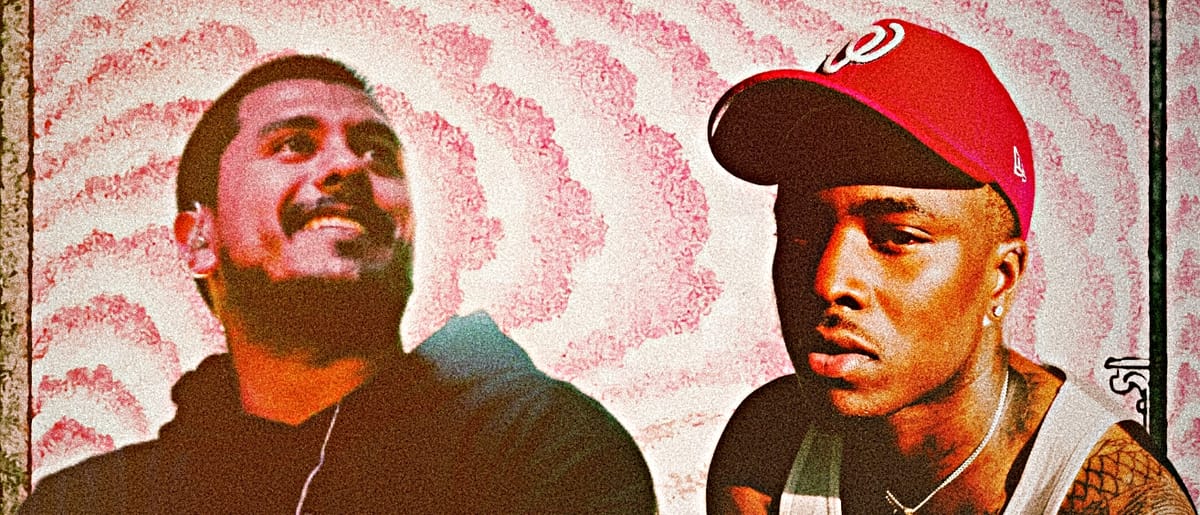
 The TonearmAnthony David Vernon
The TonearmAnthony David Vernon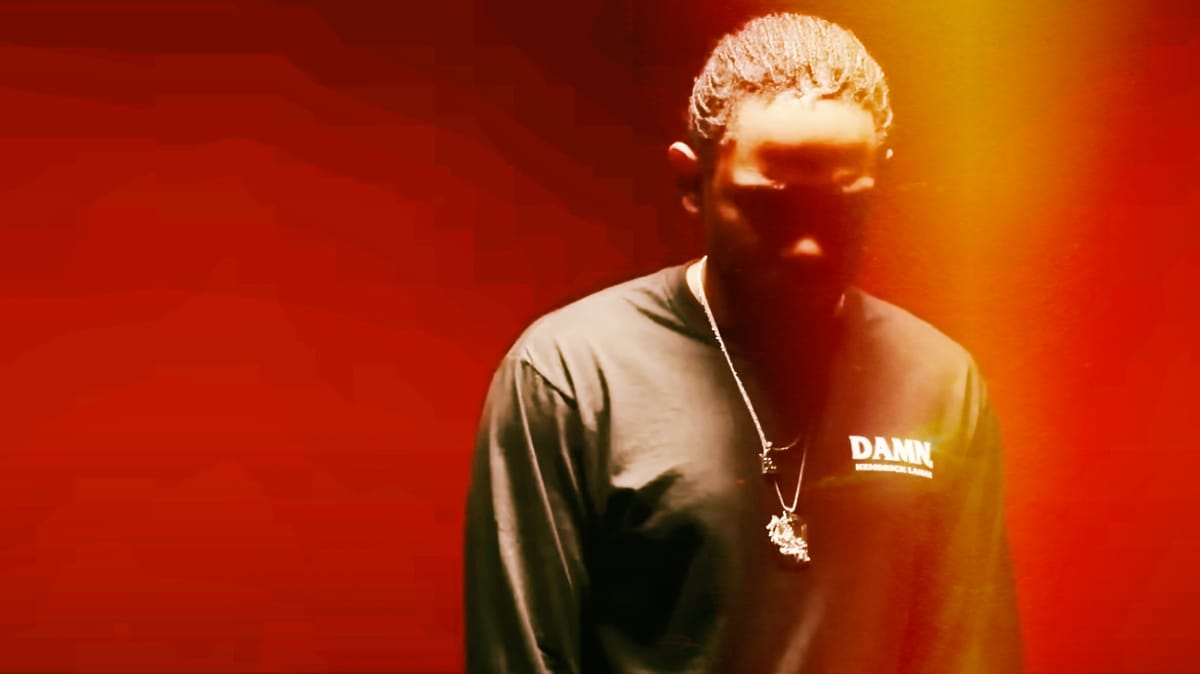


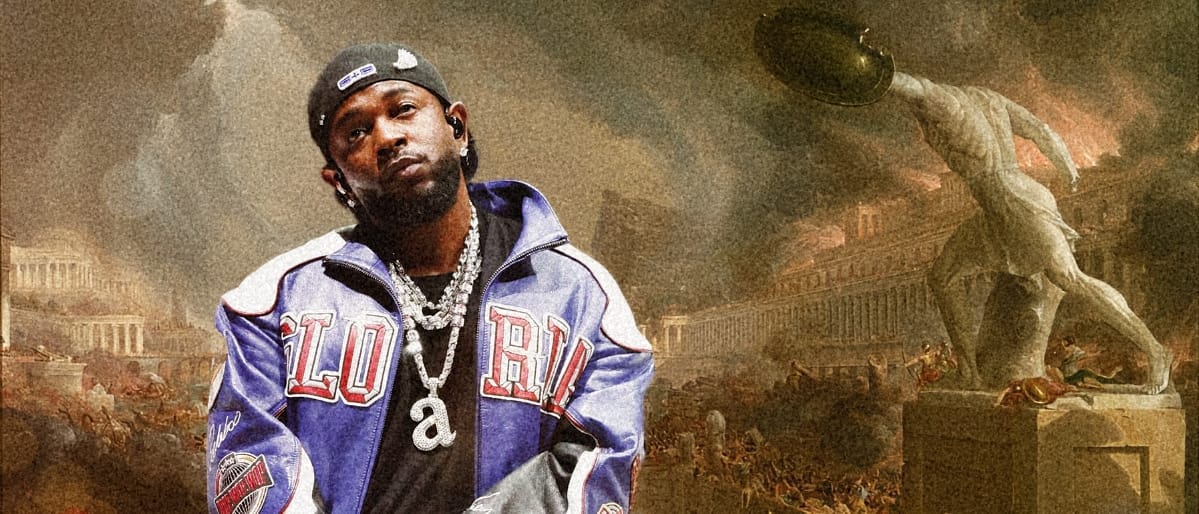

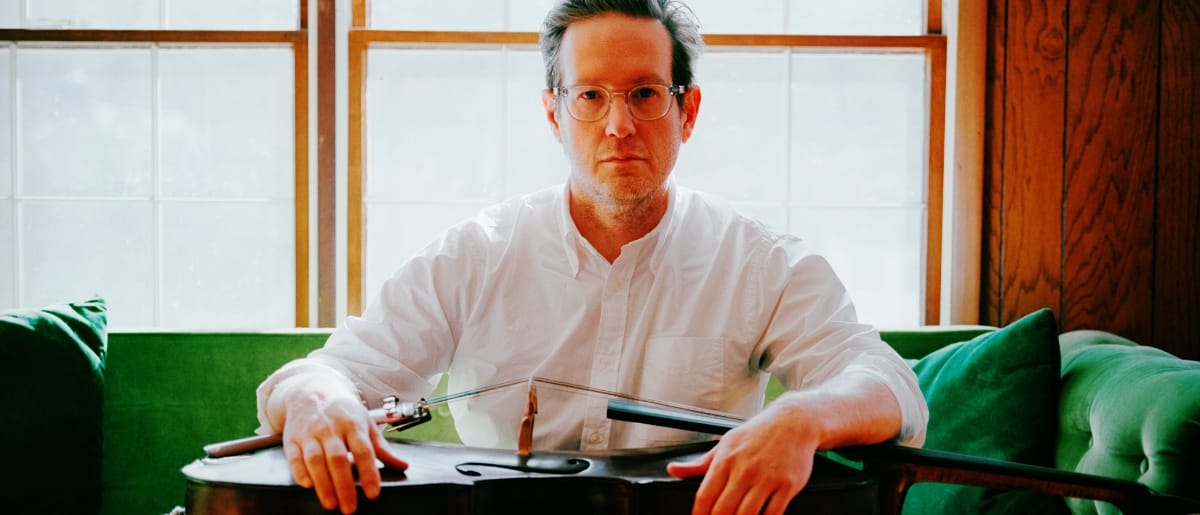
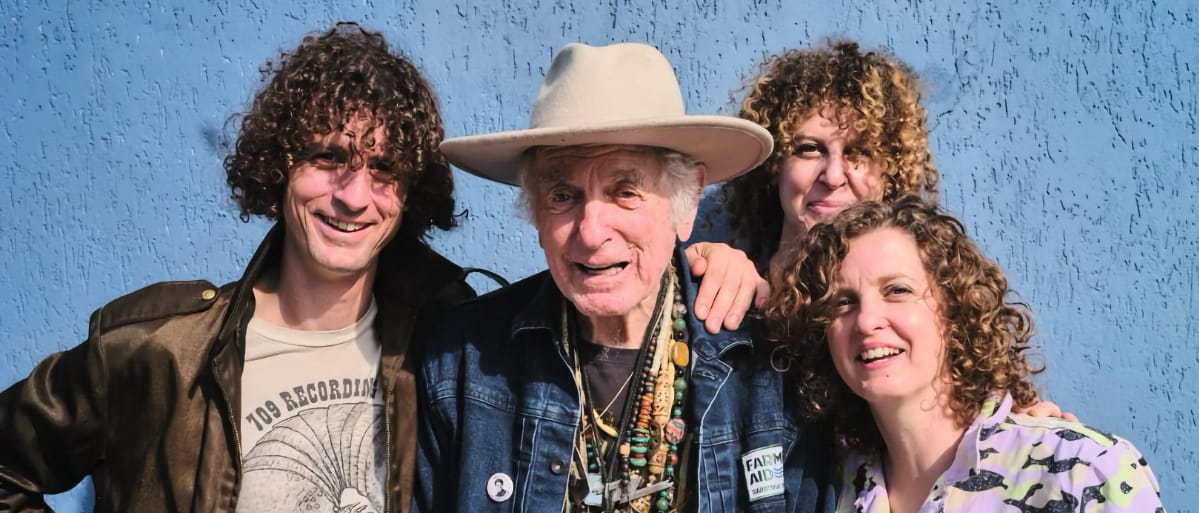
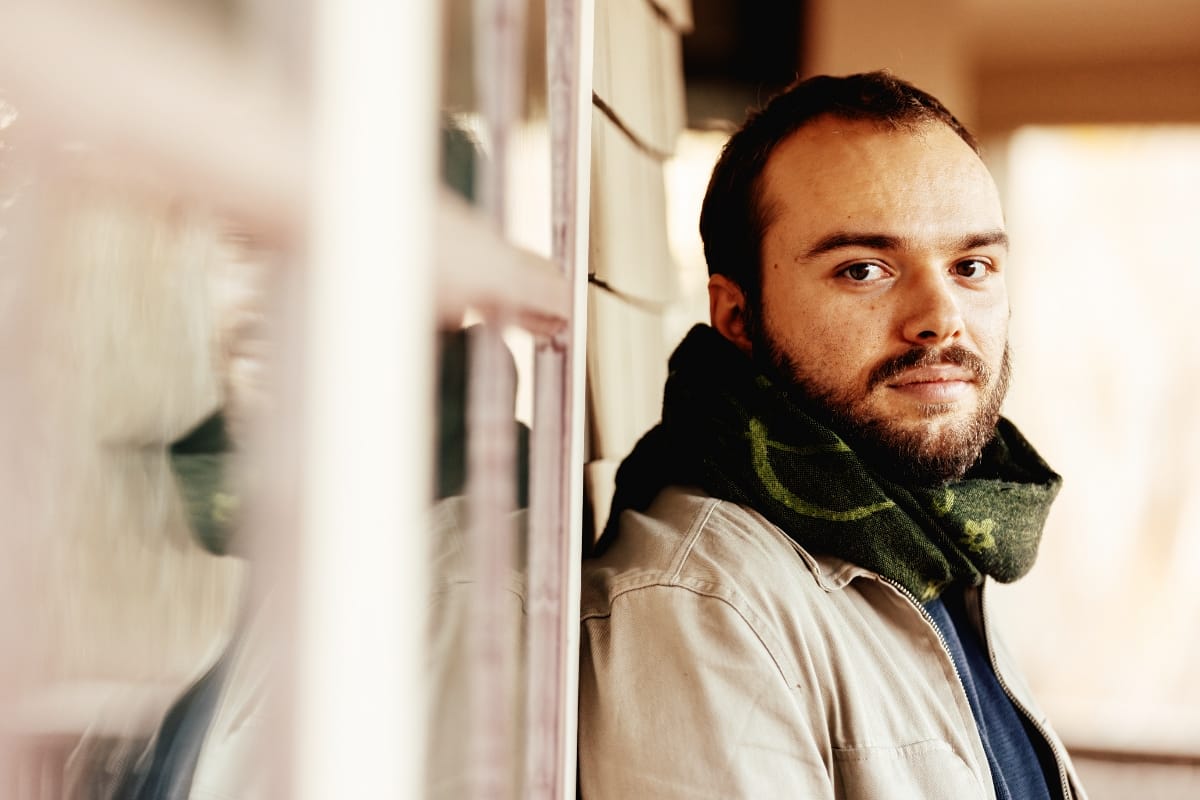
Comments